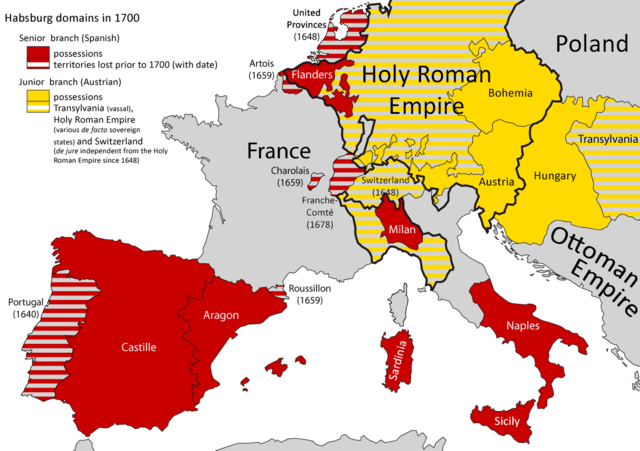by Andreas B. Olsson
A core goal of federalism is to unite and not divide. Therefore, it would seem that a good federalist should be against secession. But federalism is also about subsidiarity and limited Lockean government. Greater unity is not the only decisive factor in whether to be for or against secession. If a local population has been wronged – and their right to decide matters that affect only them overridden egregiously and repeatedly – then a federalist ought to support secession. On the other hand, like most theories of good governance federalism has as its end goal peace – not peace at any cost but peace nonetheless. So if secession risks plunging a relatively productive and prosperous region into destructive conflict, then a federalist ought to take this as a negative in their considerations on whether to lend support.
In light of these multiple considerations, should we support current global trends towards secession? I would argue that each secessionist cause would need to be considered somewhat sui generis. With other words, there is no one simple answer to all cases. Kurdistan is not Scotland and, though closer in case, Scotland is not Catalonia. What they all do share, however, is that they are all part of a nation state. They are not seceding from what is clearly a union of separate semi-independent states but from a singular nationalist entity.

